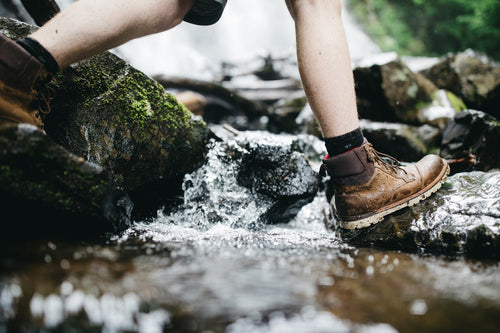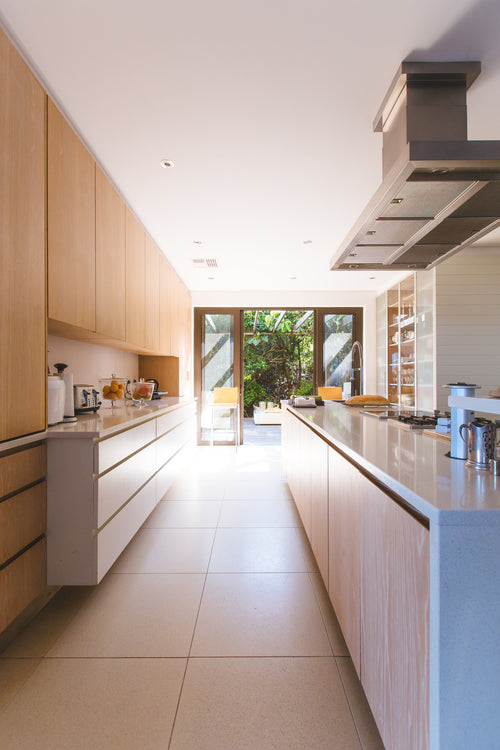THE IMPACT OF YOUR CLEANING PRODUCTS' PH ON HOME AND HEALTH

Especially now, maintaining a clean and healthy home is absolutely essential. However, as you reach for cleaning products, you might not realize how they could impact your home and health. Household cleaning products are meant to make your home feel cleaner and safer, but not all cleaning products are created equal.
You probably remember learning about the pH scale back in your school days, but may not completely understand how it applies from a practical standpoint. Here, we'll walk you through why pH value is an important factor in choosing cleaning products for your home.
ABOUT THE PH SCALE
The term pH represents the concentration of hydrogen ions in a solution. The pH scale goes from 1-14. A pH of 7 represents a neutral solution, meaning the number of hydrogen ions is balanced with the number of hydroxide ions. However, you probably recognize the pH scale for measuring the acidity (or alkalinity) of a substance.
The higher the concentration of hydrogen ions is in a substance, the more acidic it is. The stronger the acid is, the lower the pH is (a pH of 7 or less). On the other side, the lower the concentration of hydrogen ions is in a substance, the more basic it is. Basic solutions have a pH of 7 or higher.
Acidic vs. Alkaline Cleaning Products
You might be wondering, "what does this have to do with cleaning products?" PH really makes a huge impact on our lives, as the pH of soil affects the availability of nutrients for plants, and the pH of water affects all life forms. However, both acidic and alkaline products can be useful when we clean our homes.
Common natural acidic cleaners include vinegar and lemon juice, but storebought cleaning products often contain other stronger acids, such as oxalic acid and even sulfuric acid. These products are generally corrosive and therefore help to remove rust, limescale, and other stains.
Alkaline (or basic) cleaners are just as commonly used, like the very common baking soda, or sodium bicarbonate. However, there are stronger alkaline cleaning products such as ammonia and lye. These products are best suited for breaking down fatty or oily deposits, which is why they are commonly found in laundry detergents.
It's important to not use products that are either very basic or very acidic on natural stone surfaces like granite or marble. It can cause stone to become etched, hazy or discolored.
When Does a Cleaning Product Become Hazardous?
Both heavily acidic and heavily basic substances can be very hazardous if not used properly. Substances at either end of the pH scale can be corrosive to your skin. Although it may sometimes be necessary to use very high or very low pH products, it is better to not default to these more hazardous materials unless absolutely necessary.
Some cleaning materials can be toxic when mixed with other chemicals and can leave behind dangerous residues. No one wants to clean their home only to realize it might be more hazardous than before. Make sure to always read the labels and store your cleaning products safely.
Cleaning Products For Health and Safety
At the end of the day, any extreme acid or base is going to be detrimental to your home and health. It is always safest to default to natural cleaning products that sit closer to the middle of the pH scale to avoid dangerous health effects.
Continue exploring our site for more household cleaning tips!



